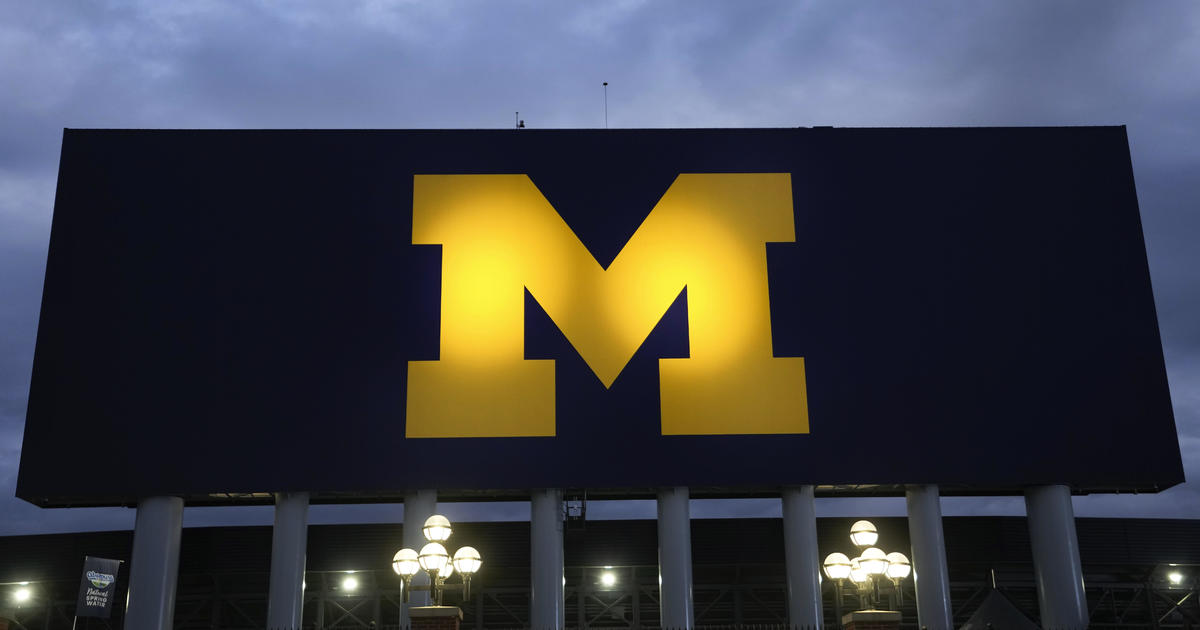Poll Finds Citizens, Officials Agree Local Government Should Fight Global Warming
A large majority of Michigan citizens and local government leaders agree that local governments have a responsibility to help reduce global warming, a new University of Michigan survey says.
The view was shared by 70 percent of the citizens and 68 percent of the local officials, although the officials' opinions were divided about the seriousness of global warming, says the poll by UM's Center for Local, State, and Urban Policy (CLOSUP).
The study is unique because it combined findings from two different partnering surveys: one focused on Michigan's citizens and another focused on Michigan's local government leaders. The findings are significant because global warming is a relatively new issue. It has been unclear whether citizens and their leaders believe they should help fight the problem at the local level or leave it up to the state and federal governments.
"This study firmly establishes that most Michiganians and their local leaders share a common view that reducing global warming is a public responsibility to be addressed at all levels of government, including the local level," said Brian Jacob, professor of public policy and director of CLOSUP.
Another key finding of the survey is that the local leaders' opinions did not vary according to the location or size of their communities, according to the center, part of UM's Gerald R. Ford School of Public Policy.
Often, leaders in larger communities express opinions that are significantly different from those in smaller jurisdictions. Geography can also play a role, with views in Southeast Michigan frequently differing from those in the Upper Peninsula, for example.
But the study -- which involved online and hardcopy surveys from 1,189 jurisdictions -- found that opinions about global warming did not correlate with the location and size of a community's population.
"We often find significant differences between Michigan's large and small, geographically dispersed jurisdictions," Jacob said. "The lack of such differences here is an important finding. This widespread commitment to reducing global warming shows this is an area of common ground among an otherwise diverse set of local officials."
Although the poll's respondents generally agreed that local governments have a responsibility in the battle against global warming, a large majority also said that the state and federal governments should play a role, too.
However, local leaders were divided about the seriousness of global warming. The poll said 52 percent believe that it's either a "very serious" or a "somewhat serious" problem. Thirty-nine percent said it was either "not too serious" or "not a problem" at all.
These opinions appeared to be divided among political party lines. The poll found that 77 percent of the Democratic officials said global warming is a "very" or "somewhat serious" problem. Only 57 percent of the independent officials and 39 percent of the Republican officials agreed.
Despite the opinion differences, 61 percent of the Republican officials and 66 percent of the independents said that local government has a responsibility to help reduce global warming. This view was held by 84 percent of the Democrats.
Among the most common types of activities local governments have already launched to address these issues are efforts to improve energy efficiency in government facilities, through upgrades in lighting, insulation and heating and air condition systems. Overall, 23 percent of Michigan's local governments have taken these steps already, and 36 percent say it is either somewhat or very likely they will do so within the next 12 months.
The Michigan Public Policy Survey poll of officials, conducted last fall, was a census survey including every county, township, village and city in Michigan. The margin of error for the overall survey was 1.7 percentage points, and the response rate was 64 percent. The corresponding poll of Michigan's citizens was conducted as part of the National Survey of American Public Opinion on Climate Change. As part of a representative state sample based on random-digit-dialing of landline and cell phones, 413 Michigan citizens were interviewed by phone. The overall margin of error is plus or minus 4.8 percent.
The report, authored by CLOSUP, is available online at http://closup.umich.edu.



